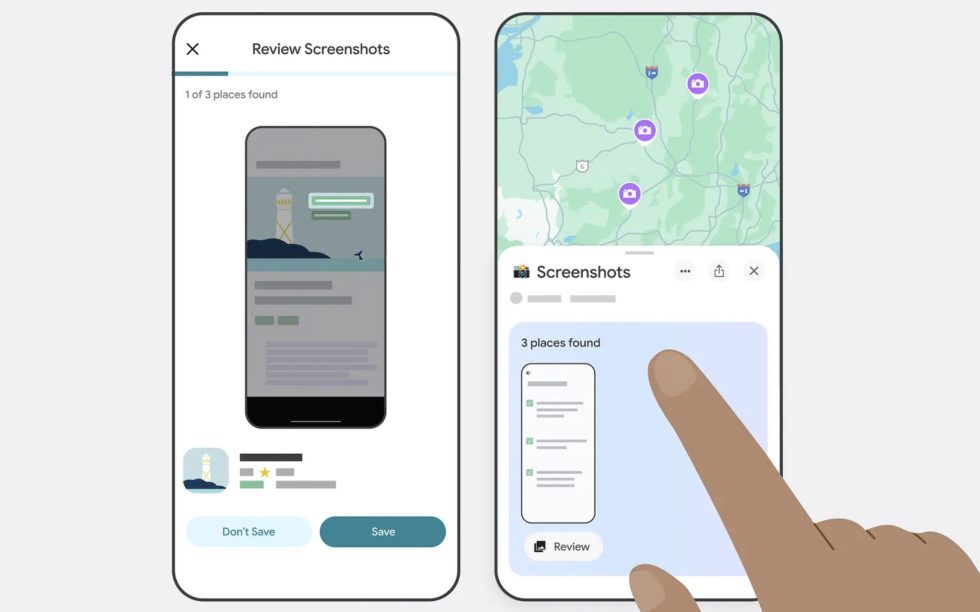How to Enable OCI8 Extension in PHP on ServBay?
If you've added the OCI8 extension to your php.ini configuration file in your ServBay setup but still can't enable it, you're not alone. This issue can often come from a few common misconfigurations or missing packages. Let's explore why this might occur and how to resolve it efficiently. Understanding the OCI8 Extension OCI8 is a PHP extension that provides a way to connect to Oracle databases. It facilitates database interactions such as running queries, fetching data, and managing transactions. For PHP applications running on a server like ServBay, it's crucial to have this extension enabled to interact with Oracle databases seamlessly. Common Issues When Enabling OCI8 Incorrect php.ini Location: Ensure that you are editing the correct php.ini file. To find out which configuration file PHP is using, you can create a simple PHP script with the following content: This will display the loaded configuration file’s path. Missing Package Installation: Depending on your operating system and PHP version, you might need additional packages to install OCI8. For instance, on a Linux distribution, you would typically need the Oracle Instant Client libraries. These libraries allow your PHP application to make connections to Oracle databases. Step-by-Step Installation Guide Here’s a step-by-step process to ensure you have everything set up correctly. Step 1: Install Oracle Instant Client For Linux: Download the Oracle Instant Client from the Oracle website. Extract the downloaded files into a directory like /opt/oracle/instantclient_18. Set the path to the Instant Client library: export LD_LIBRARY_PATH=/opt/oracle/instantclient_18:$LD_LIBRARY_PATH Add the export statement to your ~/.bashrc or ~/.bash_profile for persistence. For Windows: Download the Windows version of the Oracle Instant Client. Unzip it to a folder like C:\oracle\instantclient_18_3. Add the folder to your system PATH environment variable. You can do this in the Control Panel > System > Advanced system settings > Environment Variables. Step 2: Enable OCI8 in PHP Locate your php.ini file as discussed earlier. Add or uncomment the following line to ensure OCI8 is enabled: extension=oci8.so (On Windows, it may be: extension=php_oci8.dll) Save the php.ini file after making changes. Step 3: Restart Your Web Server After making changes, restart your web server (like Apache or Nginx) to apply the new configurations. Use the following commands based on your server: For Apache: sudo systemctl restart apache2 For Nginx: sudo systemctl restart nginx Verifying the OCI8 Extension To check if OCI8 has been successfully installed and enabled: Create a PHP file (check_oci8.php) with the following code: Access this file via your web browser to see the result. Frequently Asked Questions (FAQ) 1. Do I need to restart PHP-FPM after enabling OCI8? Yes, if you are using PHP-FPM, you will need to restart it to apply the changes. 2. What if I face a DLL error when using OCI8 on Windows? Ensure all required Oracle Instant Client DLL files are in the directory specified in your PATH. 3. Can I use OCI8 on a shared hosting service? It depends on the hosting provider's configuration. You may need to contact their support for assistance with enabling OCI8. Conclusion Enabling the OCI8 extension in PHP on your ServBay configuration can streamline your development process when working with Oracle databases. By following the outlined steps, you should be able to troubleshoot common installation issues, ensure that the necessary libraries are installed, and verify that OCI8 is functioning correctly. If you continue to experience problems, consider reaching out to your hosting provider or checking online forums for additional assistance.
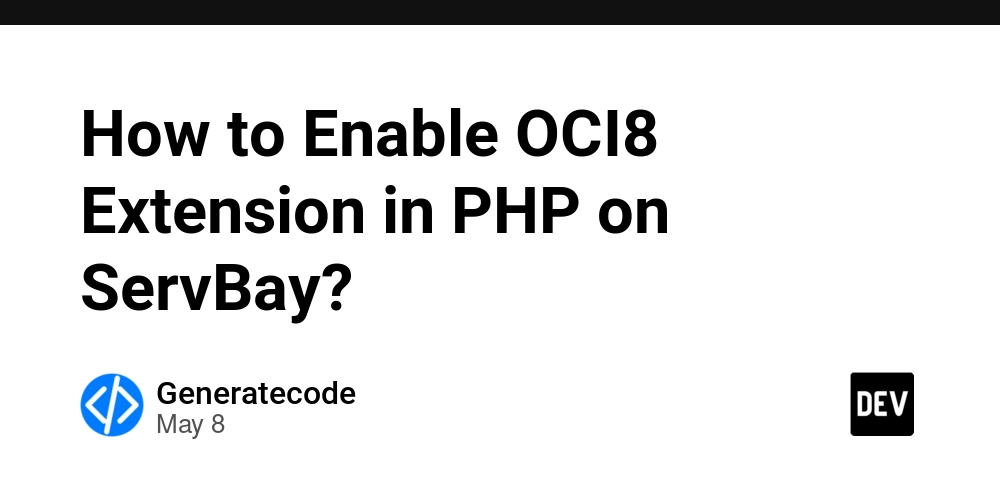
If you've added the OCI8 extension to your php.ini configuration file in your ServBay setup but still can't enable it, you're not alone. This issue can often come from a few common misconfigurations or missing packages. Let's explore why this might occur and how to resolve it efficiently.
Understanding the OCI8 Extension
OCI8 is a PHP extension that provides a way to connect to Oracle databases. It facilitates database interactions such as running queries, fetching data, and managing transactions. For PHP applications running on a server like ServBay, it's crucial to have this extension enabled to interact with Oracle databases seamlessly.
Common Issues When Enabling OCI8
-
Incorrect php.ini Location: Ensure that you are editing the correct
php.inifile. To find out which configuration file PHP is using, you can create a simple PHP script with the following content:This will display the loaded configuration file’s path.
-
Missing Package Installation: Depending on your operating system and PHP version, you might need additional packages to install OCI8. For instance, on a Linux distribution, you would typically need the Oracle Instant Client libraries. These libraries allow your PHP application to make connections to Oracle databases.
Step-by-Step Installation Guide
Here’s a step-by-step process to ensure you have everything set up correctly.
Step 1: Install Oracle Instant Client
-
For Linux:
- Download the Oracle Instant Client from the Oracle website.
- Extract the downloaded files into a directory like
/opt/oracle/instantclient_18. - Set the path to the Instant Client library:
export LD_LIBRARY_PATH=/opt/oracle/instantclient_18:$LD_LIBRARY_PATH - Add the export statement to your
~/.bashrcor~/.bash_profilefor persistence.
-
For Windows:
- Download the Windows version of the Oracle Instant Client.
- Unzip it to a folder like
C:\oracle\instantclient_18_3. - Add the folder to your system PATH environment variable. You can do this in the Control Panel > System > Advanced system settings > Environment Variables.
Step 2: Enable OCI8 in PHP
-
Locate your
php.inifile as discussed earlier. -
Add or uncomment the following line to ensure OCI8 is enabled:
extension=oci8.so(On Windows, it may be:
extension=php_oci8.dll) -
Save the
php.inifile after making changes.
Step 3: Restart Your Web Server
After making changes, restart your web server (like Apache or Nginx) to apply the new configurations. Use the following commands based on your server:
- For Apache:
sudo systemctl restart apache2 - For Nginx:
sudo systemctl restart nginx
Verifying the OCI8 Extension
To check if OCI8 has been successfully installed and enabled:
- Create a PHP file (
check_oci8.php) with the following code: - Access this file via your web browser to see the result.
Frequently Asked Questions (FAQ)
1. Do I need to restart PHP-FPM after enabling OCI8?
Yes, if you are using PHP-FPM, you will need to restart it to apply the changes.
2. What if I face a DLL error when using OCI8 on Windows?
Ensure all required Oracle Instant Client DLL files are in the directory specified in your PATH.
3. Can I use OCI8 on a shared hosting service?
It depends on the hosting provider's configuration. You may need to contact their support for assistance with enabling OCI8.
Conclusion
Enabling the OCI8 extension in PHP on your ServBay configuration can streamline your development process when working with Oracle databases. By following the outlined steps, you should be able to troubleshoot common installation issues, ensure that the necessary libraries are installed, and verify that OCI8 is functioning correctly. If you continue to experience problems, consider reaching out to your hosting provider or checking online forums for additional assistance.









































































































































































![[The AI Show Episode 146]: Rise of “AI-First” Companies, AI Job Disruption, GPT-4o Update Gets Rolled Back, How Big Consulting Firms Use AI, and Meta AI App](https://www.marketingaiinstitute.com/hubfs/ep%20146%20cover.png)









































































































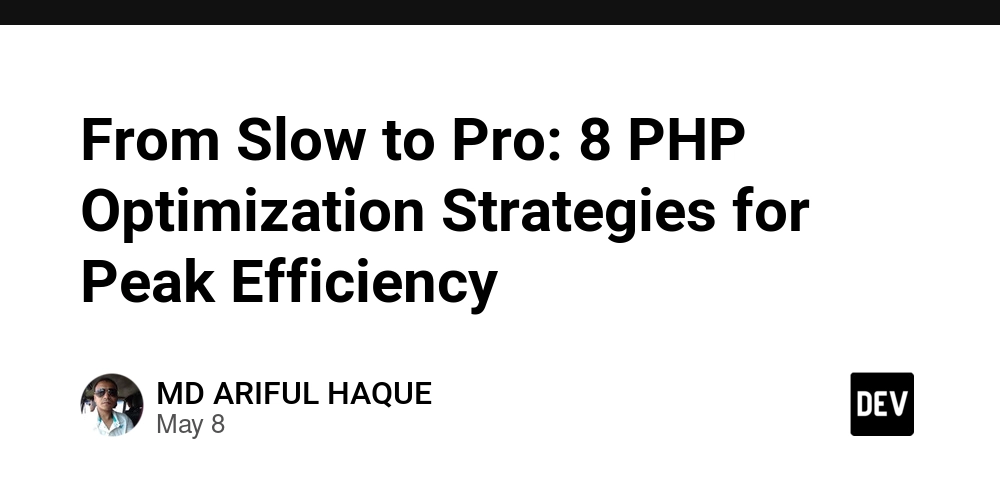

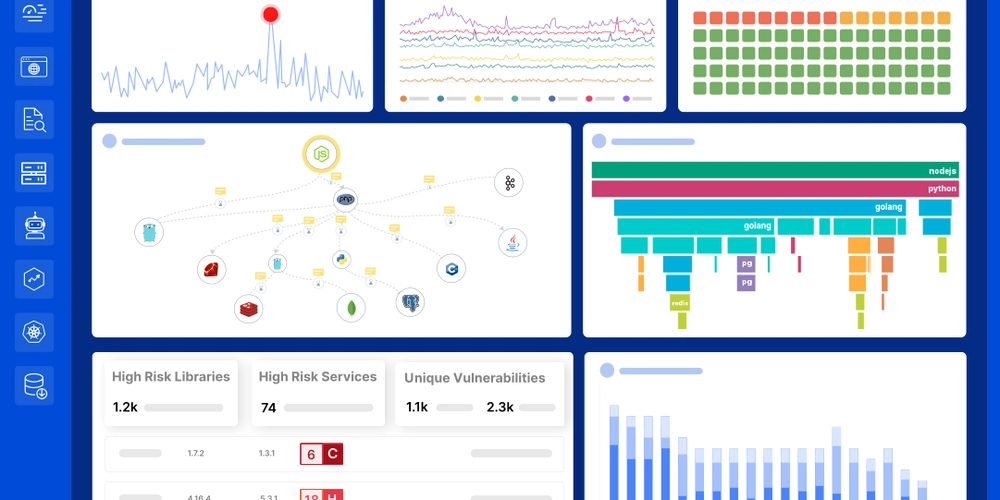













![[DEALS] The Premium Python Programming PCEP Certification Prep Bundle (67% off) & Other Deals Up To 98% Off – Offers End Soon!](https://www.javacodegeeks.com/wp-content/uploads/2012/12/jcg-logo.jpg)














































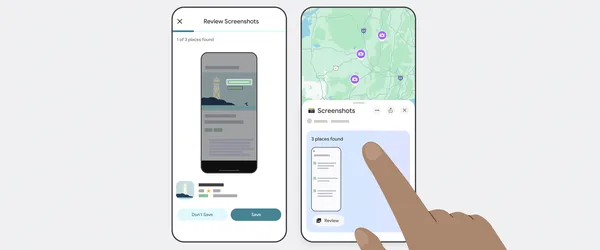








































































































































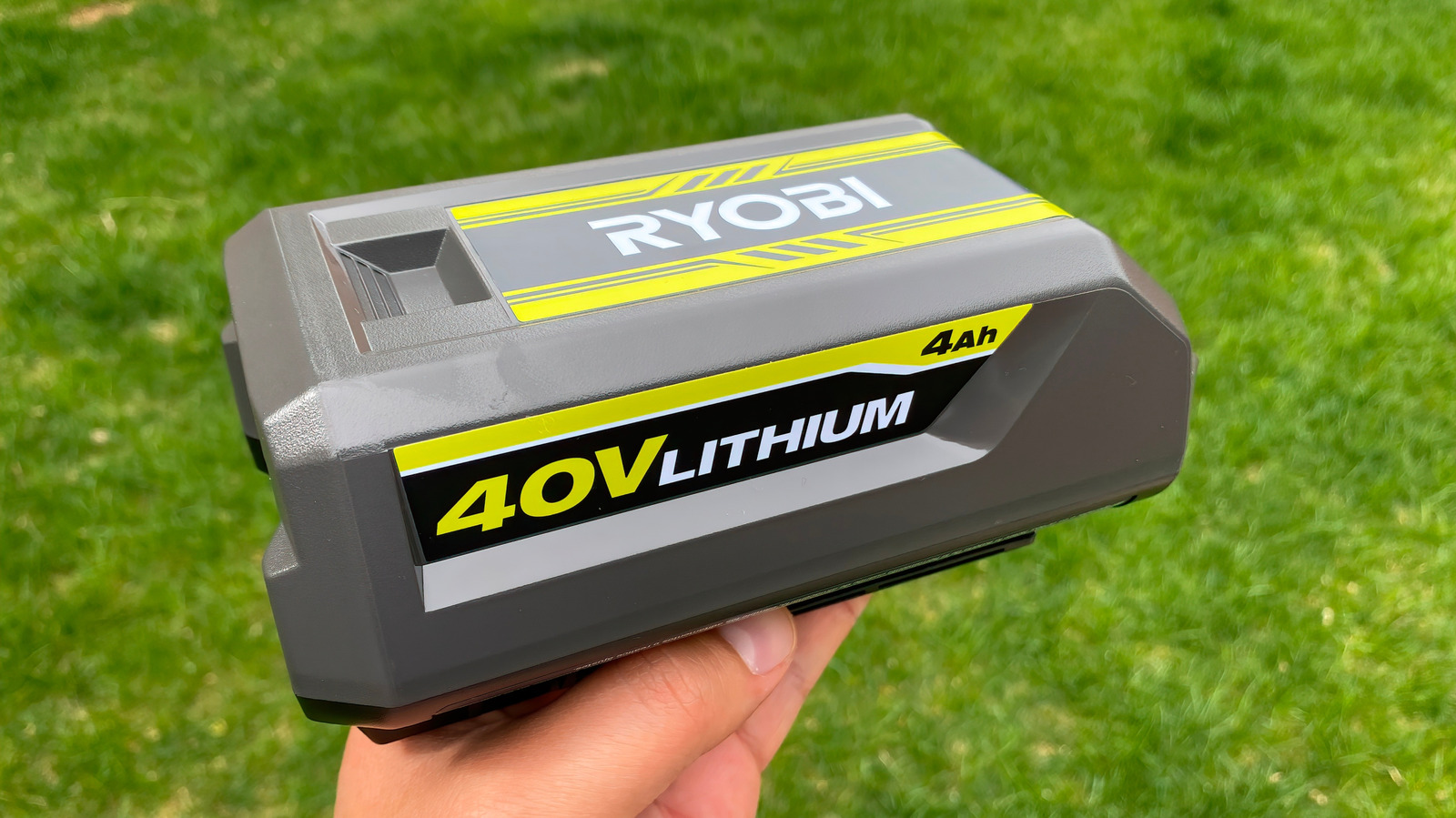












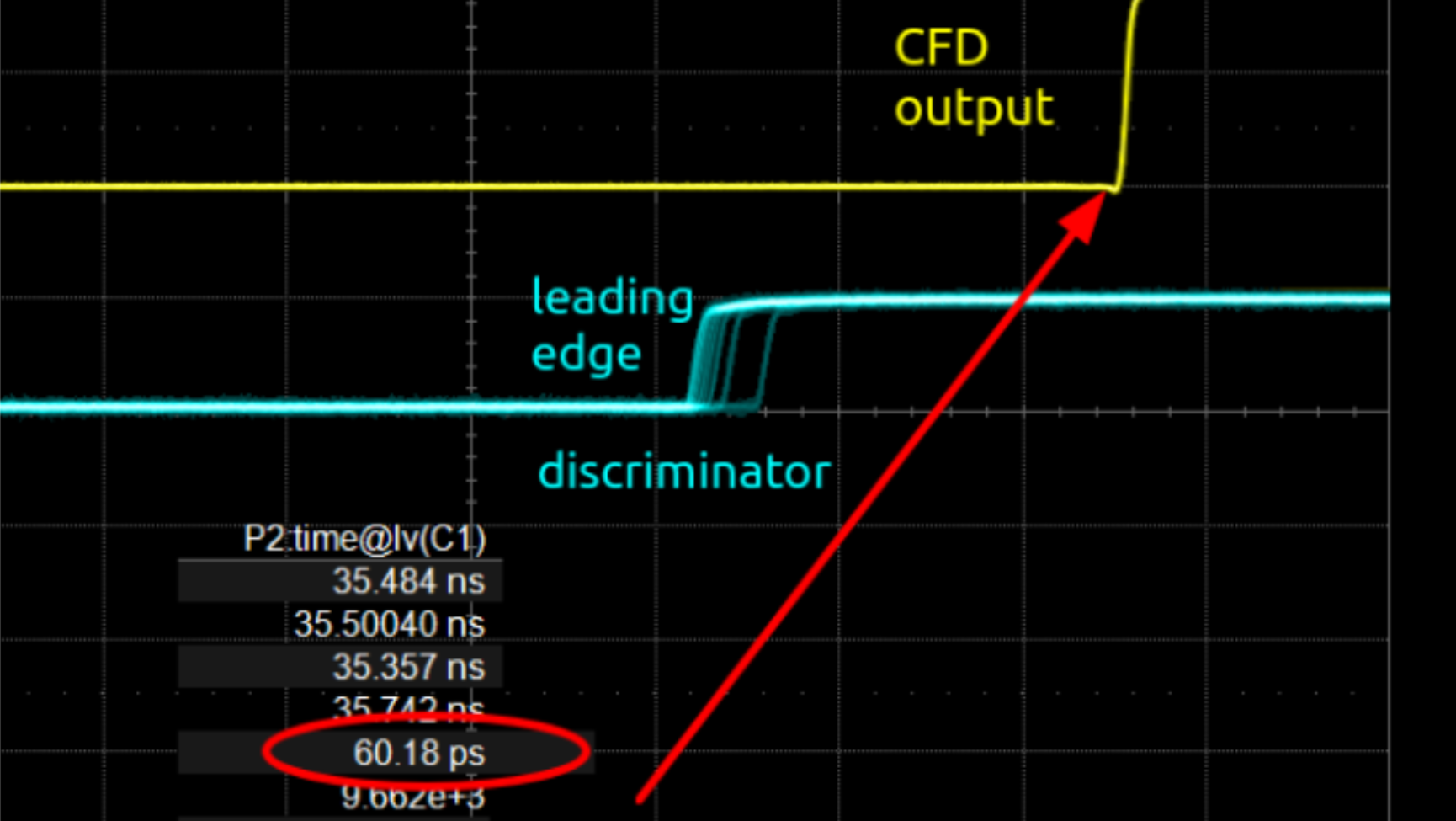



















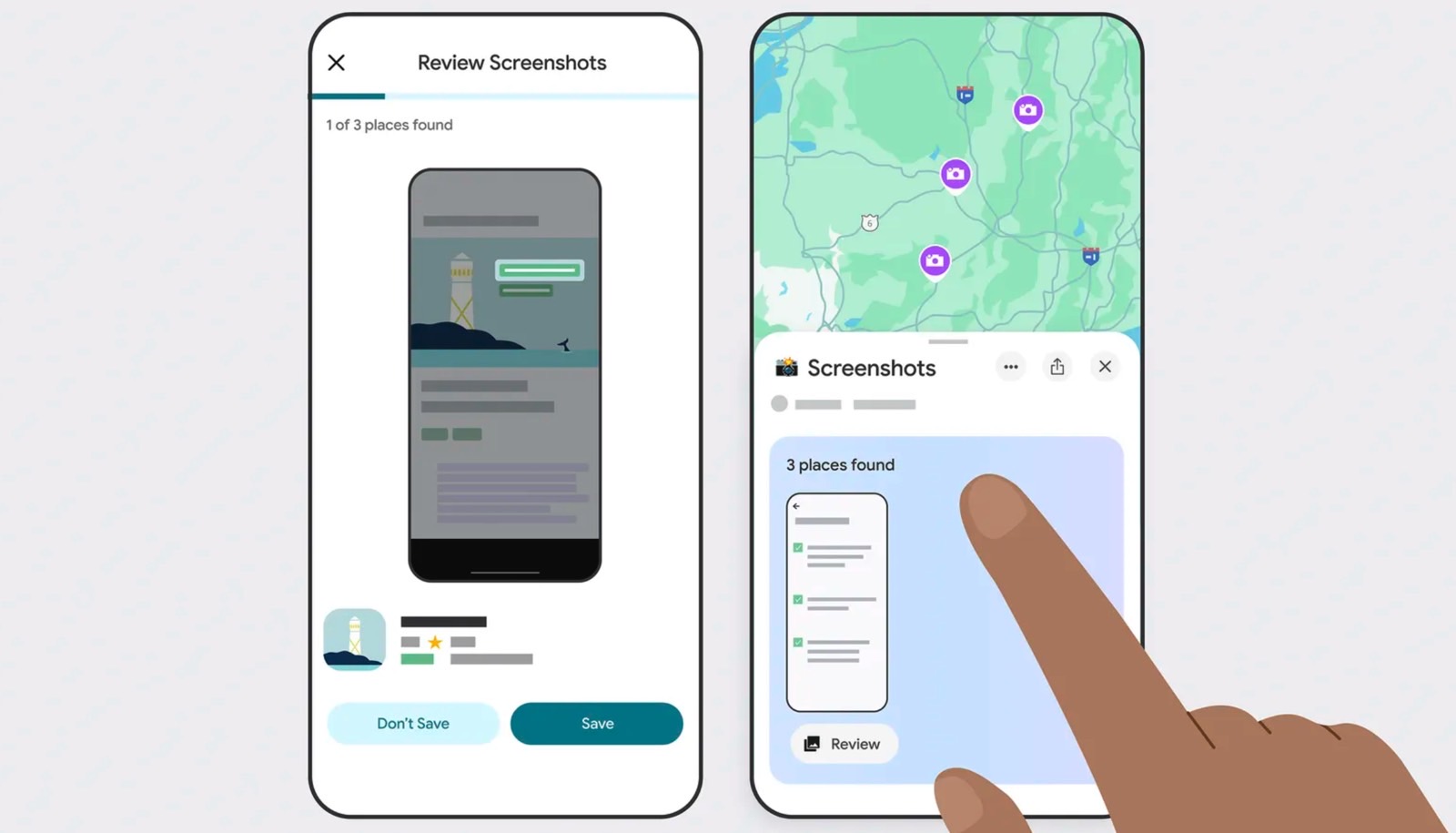























![Honor 400 series officially launching on May 22 as design is revealed [Video]](https://i0.wp.com/9to5google.com/wp-content/uploads/sites/4/2025/05/honor-400-series-announcement-1.png?resize=1200%2C628&quality=82&strip=all&ssl=1)














![Beats Studio Pro Wireless Headphones Now Just $169.95 - Save 51%! [Deal]](https://www.iclarified.com/images/news/97258/97258/97258-640.jpg)




























